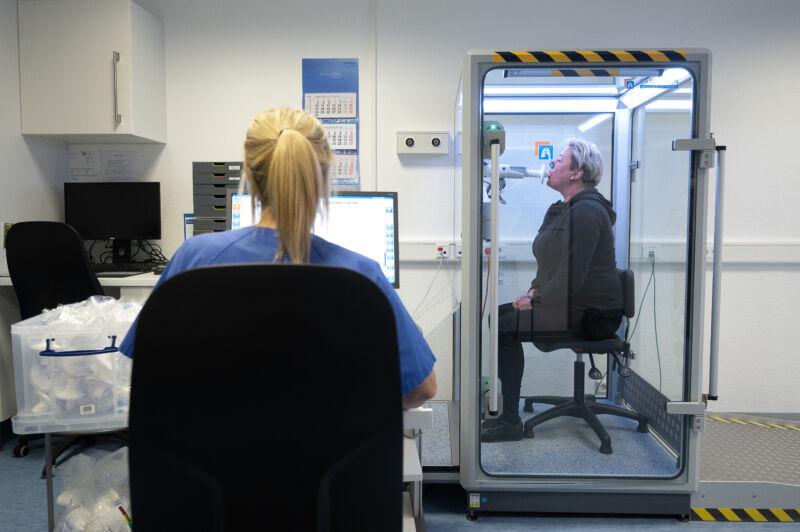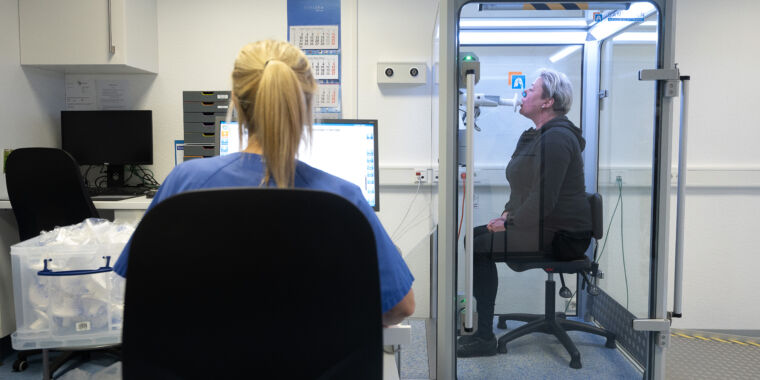
President Joe Biden issued a memorandum on Tuesday directing the Secretary of Health and Human Services to coordinate and accelerate efforts to understand and treat the long-term COVID-19, which is estimated to affect up to 23 million Americans.
In a White House press conference Tuesday, HHS Secretary Xavier Becerra said the government’s plan has three main goals: to improve care and support for long-term COVID patients, to improve education and awareness about long-term COVID and disability services, and stepping up research into root causes and evidence-based treatments.
“Long COVID is real,” Becerra said, “and there’s still so much we don’t know about it. Millions of Americans may be struggling with lingering health effects, ranging from things that are easier to notice like trouble breathing or an irregular heartbeat — to less obvious but potentially serious conditions related to the brain or mental health.”
According to a fact sheet released by the White House, the plans specifically include accelerating enrollment of a $1.15 billion study already underway by the National Institutes of Health that aims to target 40,000 people with the disease. long-term illness. The administration also plans to request an additional $25 million for what is currently a $50 million effort from the Centers for Disease Control and Prevention to study the risk factors, mechanisms and effects of long-term COVID.
In terms of clinical care, the plan will also expand a nationwide network of long-term COVID care programs currently being run by the Department of Veterans Affairs. The programs already provide guidelines for standardized best practices for long-term COVID clinics. The plan also calls for $20 million in funding to help health systems develop their own models of care, through telementoring and consultation on the latest best practices.
“We are determined… not to leave anyone behind. And that includes our loved ones who suffer from long-term COVID and related conditions,” Becerra said. “We see you, we’re focused on you, and we’re committed to increasing our nation’s ability to understand and handle your circumstances.” He ended by noting that “we know the best way to prevent long-term COVID-19 is to avoid getting COVID in the first place.” He encouraged everyone to get vaccinated and boosted if they haven’t already.

